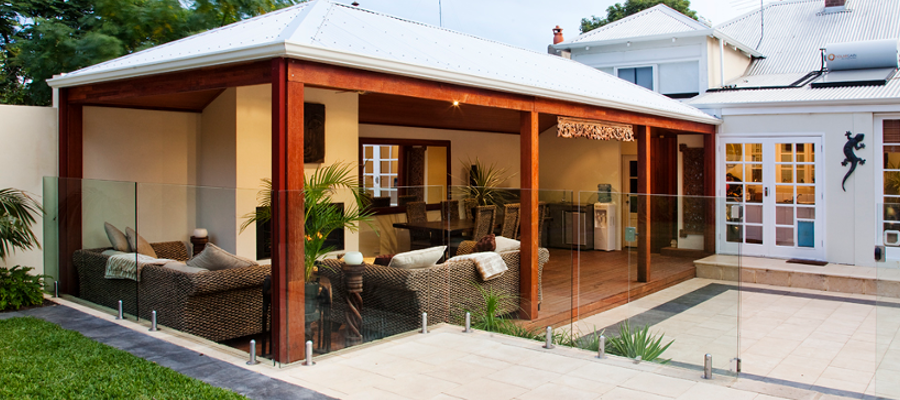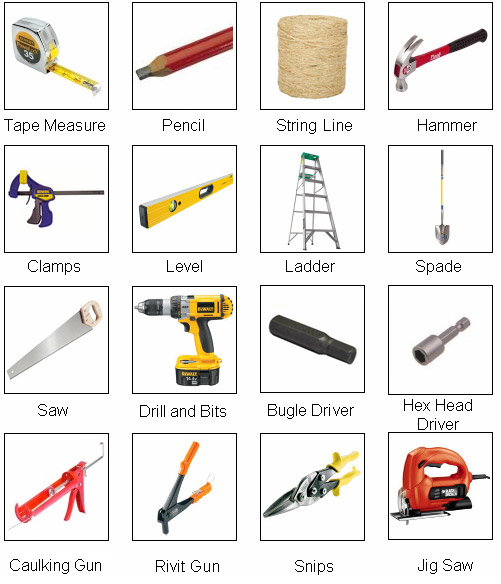
In building a Pergola, you can save yourself a lot of time and hassles down the line if you give some consideration to a few things before you start.
What You Need To Consider Before You Build
It is very important to check with your local council or shire before building any structure. It is your responsibility to ensure that all relevant approvals have been obtained and that the structure that you are attaching to (likely your home) is suitable to support the additional load imposed by your new pergola. In the absence of approval, a council or shire can reasonably demand that any structure you have built be pulled down. Obviously this is not a desirable outcome so we strongly recommend that you get your approval first!
Most local councils or shires require an application to be lodged detailing the proposed works and whether they meet engineering standards and local guidelines. Generally speaking a fee is required to lodge an application, and an approvals process is undertaken which usually takes a number of weeks (the timing can vary wildly from council to council) Plans and elevations are needed with the application, and if there are any issues your council or shire will usually contact you for clarification or further engineering.
If you are using Softwoods for your materials we will provide your plans and elevations free of charge for your application, and all of our pre cut structures are certified by our engineers. We also have a plan service, which charges a nominal fee for the preparation of plans for you should you require them.
Once you have approval, you will need to ensure that you have all of the necessary materials to make building your Pergola as safe and simple as possible.. Below is a list of these tools.

Easily the most important thing that you need to do in preparing to build your pergola is to create a safe work site. As you will no doubt understand, your well being is essential and it’s worth making sure that you feel safe at every stage of the building process.
Various stages of construction will require at least two people to complete so make sure that you have some helpers on hand for these. Also ensure that appropriately tall ladders are used when required and that your work site is clean and clearly flagged during construction to avoid children or other unauthorised people entering the potentially dangerous area. You will find handy safe work methods and tips on our website which we advise you to read carefully
It is also worth your time to make sure that if your timber is delivered in advance of your intended build date, that you ensure it is stored correctly. Timber will be subject to some movement if not stored correctly, so please ensure that it is tightly packed, off the ground and in a dry area (avoiding placing it on lawn is a good idea)
The last thing that you need to consider before you start to build is the painting of your timber. Not many people enjoy this part, but unfortunately it needs to be done, as a painted structure will withstand the weather infinitely better than one that’s unpainted. Again if you are buying your materials from Softwoods we can offer a painting service and deliver you your materials fully painted and only in need of a minor touch up upon completion of your build.
Use two painting trestles, and a roller or spraygun to paint all of the timber, and ensure that you use the paint to the manufacturers specifications. It’s important to get the painting right while the timber is on the ground as it is very difficult to repaint once your structure is built. Once you have painted your timber, store it with spacers so that the timber wont stick together as it dries. Once you are done with painting, it’s time to commence the build!
How to build a Gable Roof Pergola – Step Two – Identifying the elements of your Pergola
How to build a Gable Roof Pergola
For further information or any inquiries you might have please get in contact with us via the phone or the form below, we’d love to hear from you.
